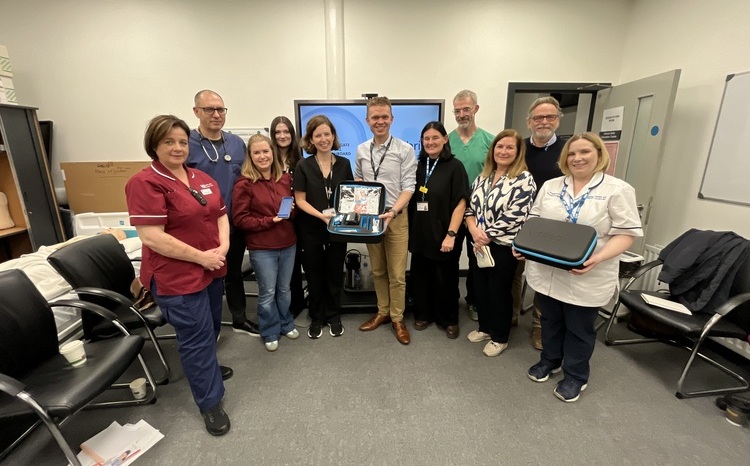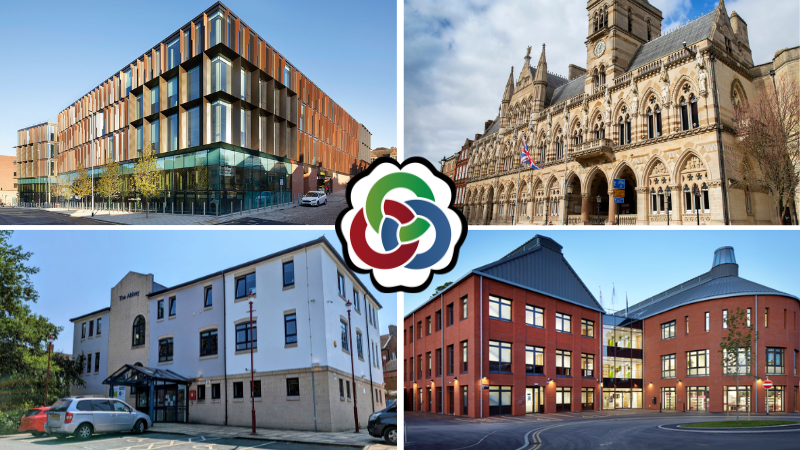BT bets on ‘cloud’ for future health
- 9 October 2012

BT Health has pinned its future NHS strategy on developing a portfolio of secure health cloud-based services based on a new health cloud built over the past nine months.
The first to be launched is a pay-as-you-go medical transcription service able to handle patient identifiable data (PID), already said to have three early NHS customers. The medical transcription service is being delivered in conjunction with 3M Healthcare.
This will be followed by pay-as-you-go services for medical imaging, both services will be launched in the next few months.
The initital two BT Health Cloud services will then be followed by electronic document management, with further launches likely in telecare and long-term conditions.
BT says its move into the cloud is the logical extension of its national programme experience and meets the needs of a cash strapped health service.
The company has heavily invested in underlying cloud infrastructure. Since the beginning of the year it has built a new dedicated spine-connected health cloud which meets the stringent requirements necessary to handle patient identifiable data.
Dr Justin Whatling, chief clinical officer BT Health, said the PID capability is key differentiator of the BT Health Cloud, combined with the knowledge and experience of how to connect to N3 and spine services. “We’re getting a lot of interest from SMEs and partners to help them host and scale,” said Dr Whatling. “It’s a bit of a game changer.”
He described the new digital dictation service as “a good starting place” and said that the same principals applied to the new medical imaging service. “Our cloud offering for medical imaging is vendor neutral archiving (VNA). Here the opportunity is to have one VNA for image sharing”.
He said with its medical imaging service BT was using open international standards, IHE profiles based on XDS. “We will be offering a range of PACS and RIS vendors through the service with a range of collaboration tools on top.”
Whatling said that although the focus was on medical imaging the VNA had potential to be used as a wider clinical data repository.
He said the new cloud products and services, represented part of the wider ‘connect all’ strategy that BT was now able to help NHS organisations achieve.
“I think we have a breadth of portfolio. Our products, those of our partners and the N3 catalogue.” And we can deliver through a new portfolio of products and services. “Combined with our health knowledge I think that creates a great channel for innovation,” said Dr Whatling.
He added that the Cloud gave the opportunity to combine existing service components to build new models of care. “For instance we have IP video-conferencing now available in the N3 catalogue and that can give you the basis for telehealth, combine that with the VNA and you can expend what medical imaging is about.”
Dr Whatling says that Cloud is now part of government strategy, with the G-cloud, and also increasingly be asked for by healthcare organisations. He cited international research that suggests “40% of decision makers in health are asking about Cloud as an option”.
He said that a key reason to look at Cloud as an option is money. “NHS organisations don’t have enough money and need to drive out efficiencies.
Dr Whatling said that with the NHS under intense financial pressure it needed new models to access technology services. “We have experience of delivering pay-as-you-go (PAYG) services through the N3 catalogue such as video-conferencing.”
Dr Whatling said that BT would continue to provide NHS clients with national-level infrastructure and networks and deploy clinical solutions across healthcare.
“Our strengths are our deep knowledge,” said Dr Whatling. He points to contract wins in Australia and Singapore as examples of how that experience is in demand overseas. BT doesn’t disclose the size of its health business internationally, but it is growing and the company has just set up its Asian Health Practice.




